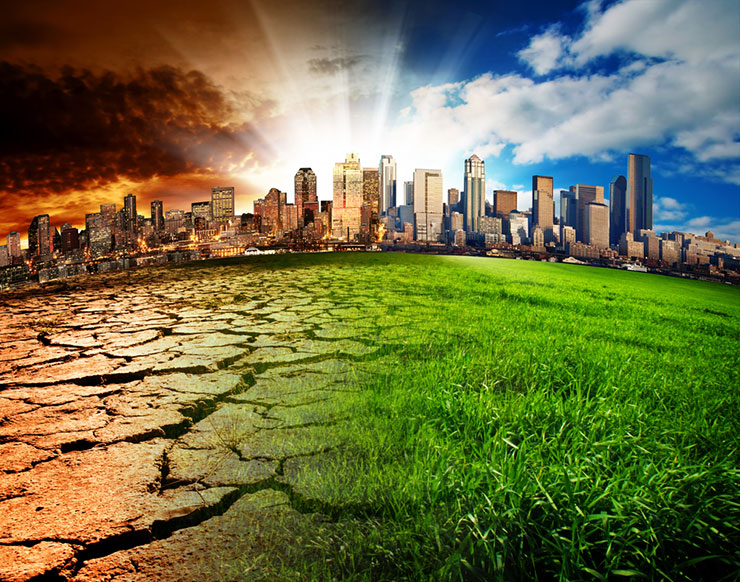 "Earth is often called the water planet. Water makes up most of the volume of every living cell, maintains the temperature of the climate, and reshapes mountains and land. Although it covers more than 70 percent of the surface of the blue planet (Stanley 2004, 19), only a tiny percent-age is available for human use."
"Earth is often called the water planet. Water makes up most of the volume of every living cell, maintains the temperature of the climate, and reshapes mountains and land. Although it covers more than 70 percent of the surface of the blue planet (Stanley 2004, 19), only a tiny percent-age is available for human use."
There’s so much about water that we know so little about. It’s fascinating to me that we’ve only discovered 5% of the ocean, FIVE PERCENT! That’s a ridiculous amount of water that encompasses the Earth. Water is pretty much the most important ingredient to everything on Earth and yet we treat it as if there’s just some endless supply of it. It’s also shocking to me that with such a high percentage of water that is on the planet, only a tiny percentage of it is available for human usage.
MLA (Modern Language Assoc.)
Robertson, Margaret. Sustainability Principles and Practice. Routledge, 2017.
APA (American Psychological Assoc.)
Robertson, M. (2017). Sustainability Principles and Practice. Abingdon, Oxon: Routledge.
 "Bottled water is a curious industry in which companies make billions of dollars a year selling drinking water in bottles. Consumers drink bottled water because they believe it is more benign than tap water. Is bottled water healthier? According to government and industry estimates, about 25 percent of bottled water is actually just tap water, often with no further treatment (Gleick 2004, 29). And in many jurisdictions, water quality and testing standards for bottled water are surprisingly less stringent than those for tap water (Gleick 2011, 41)."
"Bottled water is a curious industry in which companies make billions of dollars a year selling drinking water in bottles. Consumers drink bottled water because they believe it is more benign than tap water. Is bottled water healthier? According to government and industry estimates, about 25 percent of bottled water is actually just tap water, often with no further treatment (Gleick 2004, 29). And in many jurisdictions, water quality and testing standards for bottled water are surprisingly less stringent than those for tap water (Gleick 2011, 41)."
I always wondered who came up with the fact that bottled water is more benign than bottled water. I honestly could never taste the difference between either and have never felt different after drinking either or. Now that there is evidence to support that there is tap water in bottled water, I wonder if society will change their ways and rely on tap water just to save money or will we stick to the “healthier” way. In my opinion water is better when it is filtered, for example a Brita Faucet filter. I feel as if as a society we don’t do enough research into things and just judge how we do things based on what the majority of the population is doing, prime example
MLA (Modern Language Assoc.)
Robertson, Margaret. Sustainability Principles and Practice. Routledge, 2017.
APA (American Psychological Assoc.)
Robertson, M. (2017). Sustainability Principles and Practice. Abingdon, Oxon: Routledge.
 "A final, big piece of the water puzzle is global climate change. Currently, population and economic growth are the most significant factors affecting water issues; after 2050, climate change is expected to be the major driver (OECD 2012, 213). Much of the danger from cli-mate change will arise from water, either too much or too little. In some regions flooding will increase; in others droughts will become more frequent and more severe. Countries already suffering from water scarcity will be the hardest hit. Globally, crop irrigation requirements may rise 5 to 20 percent by 2080 (FAO 2011b, 123). Glaciers that now feed rivers during the dry season will retreat."
"A final, big piece of the water puzzle is global climate change. Currently, population and economic growth are the most significant factors affecting water issues; after 2050, climate change is expected to be the major driver (OECD 2012, 213). Much of the danger from cli-mate change will arise from water, either too much or too little. In some regions flooding will increase; in others droughts will become more frequent and more severe. Countries already suffering from water scarcity will be the hardest hit. Globally, crop irrigation requirements may rise 5 to 20 percent by 2080 (FAO 2011b, 123). Glaciers that now feed rivers during the dry season will retreat."
I would’ve never thought that we’d be the main contributors towards the depletion of water. Thinking about it now though in the environmental crisis that we’re in, I can definitely see it. We as a society are way too careless with the way we go about using our resources. We use it as if it’s an infinite supply and we can just keep taking as long as we want. Now that we see the issues of climate change, we’re stuck wondering, “How did the Earth even get like this?” As stated in the book, “Much of the danger from climate change will arise from water.” How much more damage to the earth do we have to see to realize there’s obviously an issue going on?
MLA (Modern Language Assoc.)
Robertson, Margaret. Sustainability Principles and Practice. Routledge, 2017.
APA (American Psychological Assoc.)
Robertson, M. (2017). Sustainability Principles and Practice. Abingdon, Oxon: Routledge.
No comments:
Post a Comment